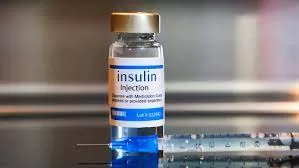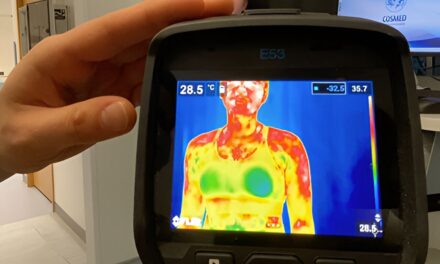
A groundbreaking discovery by a team of Australian researchers at the Baker Heart and Diabetes Institute has brought hope to millions worldwide grappling with diabetes, potentially paving the way for a revolutionary treatment that could eliminate the need for regular insulin injections.
In a monumental breakthrough, the team showcased a method to regenerate insulin in pancreatic stem cells, offering a potential cure for individuals with diabetes. Their research, published in the prestigious Nature scientific journal, revealed a promising pathway to awaken insulin-producing cells, providing a glimpse of hope for those living with type 1 diabetes.
Professor Sam El-Osta, leading the innovative study, highlighted their success in prompting insulin cell response to glucose using FDA-approved drugs, achieving insulin production in as little as 48 hours. Notably, the approach exhibited viability across age groups, spanning from 7 to 61 years, shedding light on the mechanism behind beta cell regeneration.
The research involved the use of pancreatic cells from donors with type 1 diabetes, both children and adults, as well as non-diabetic individuals. Professor El-Osta’s team successfully demonstrated the regeneration of insulin-producing cells, offering a potential solution for the destruction of these cells seen in type 1 diabetes patients.
Current pharmaceutical treatments for diabetes focus on managing blood glucose levels but fall short in preventing the deterioration of insulin-secreting cells. This groundbreaking approach holds promise as the first disease-modifying treatment for type 1 diabetes, potentially liberating patients from constant insulin injections by reactivating their pancreatic cells to produce insulin responsively.
Diabetes affects over 530 million adults globally, a number projected to reach 643 million by 2030. This groundbreaking treatment offers hope not only for managing diabetes but also for those with insulin-dependent diabetes, potentially revolutionizing diabetes care on a global scale.
Professor El-Osta emphasized the significance of this regenerative therapy, heralding it as a significant leap towards clinical application, tackling the challenge of donor organ shortages and offering a promising alternative to current treatment methods.
The team’s next phase involves investigating this regenerative approach in preclinical models, with the aim of developing inhibitors as drugs to restore insulin production in individuals living with diabetes. This advancement could mark a pivotal moment in diabetes treatment, steering the medical community closer to a transformative cure for this prevalent and life-altering condition.











